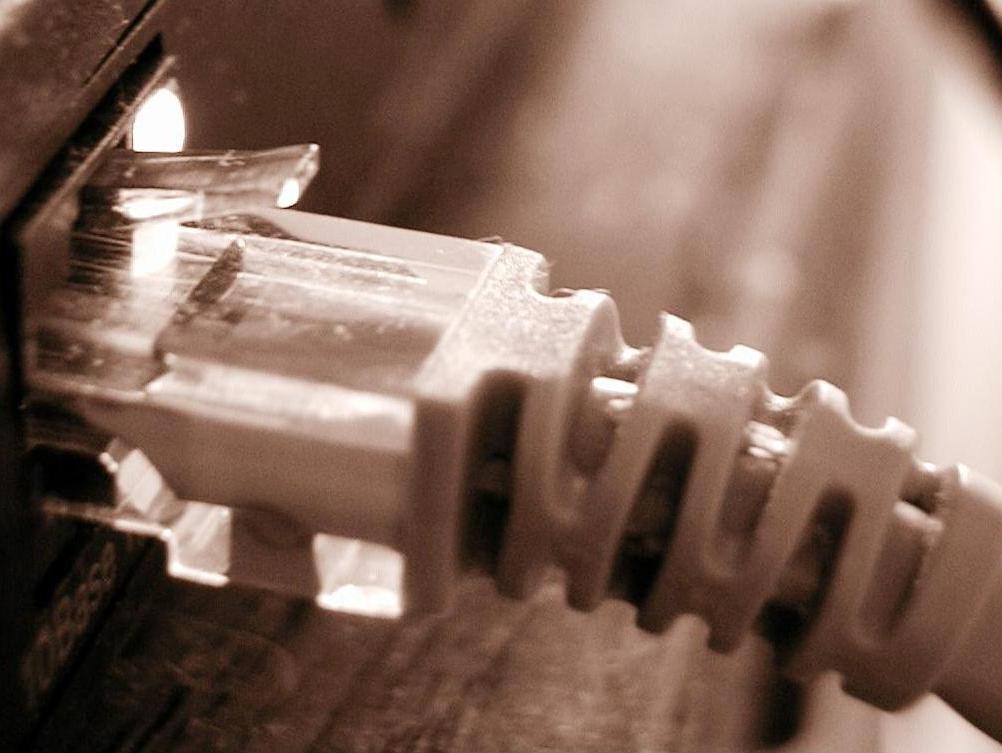3/4 of kids see disturbing images on net
NSPCC calls for manufacturer action

The NSPCC has released research that suggests 75 per cent of children in the UK have seen internet images that have disturbed them, and called for manufacturers to install filtering software in new PCs.
The children's charity is reiterating calls for social networking and video sites to be vigilant in their take-down procedures to stop kids seeing pornographic or violent images that are unsuitable for them.
"We are alarmed by how easy it is for children to access disturbing internet material," said the NSPCC's policy adviser, Zoe Hilton.
"Children are just a few clicks away from innocently stumbling across upsetting or even dangerous pictures and films such as adult sex scenes, violent dog fights, people self harming and children being assaulted.
Left to the parents
"High security parental controls installed in their computers would help shield them. Currently computer manufacturers and retailers leave it to parents to find and install software that filters out material unsuitable for children.
"Every child should be using a computer with child protection software.
Get daily insight, inspiration and deals in your inbox
Sign up for breaking news, reviews, opinion, top tech deals, and more.
"We want manufacturers to build this into every computer and set it to a high level of security. We also want retailers to ensure the computers have this software before it is sold to parents.
"Child protection technology cannot replace a parent's care, but it can be an important tool.
"Parents must also educate their children about staying safe online and show them how to report anything they see on the internet that upsets or worries them."
Advice
The suitability of the internet for children is hardly a new topic for discussion, but the NSPCC's insistence that three in every four children find unsuitable content is worrying.
Search engines actively try to filter out pornographic and violent material, but the most effective guard is filter software that restricts access and block unsuitable sites.
The calls for manufacturers to install this software for every new-built computer may well not be the answer – with adults tending to prefer to choose the level of protection for themselves.
However, highlighting the problem may well push some of the less IT literate parents to seek out and find filtering software, and be more vigilant with their child's surfing habits.
Patrick Goss is the ex-Editor in Chief of TechRadar. Patrick was a passionate and experienced journalist, and he has been lucky enough to work on some of the finest online properties on the planet, building audiences everywhere and establishing himself at the forefront of digital content. After a long stint as the boss at TechRadar, Patrick has now moved on to a role with Apple, where he is the Managing Editor for the App Store in the UK.
